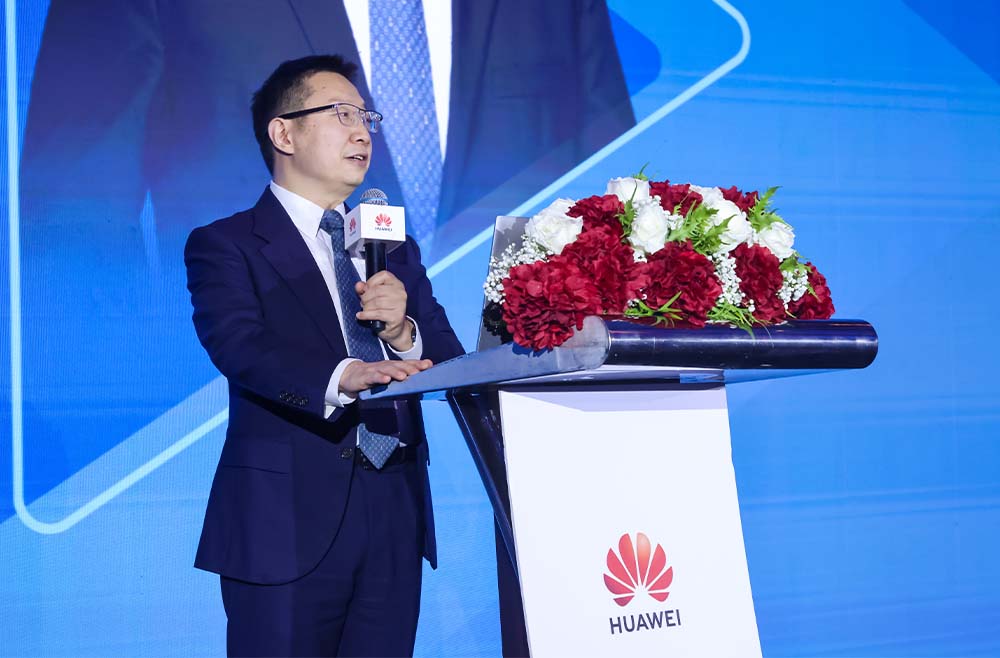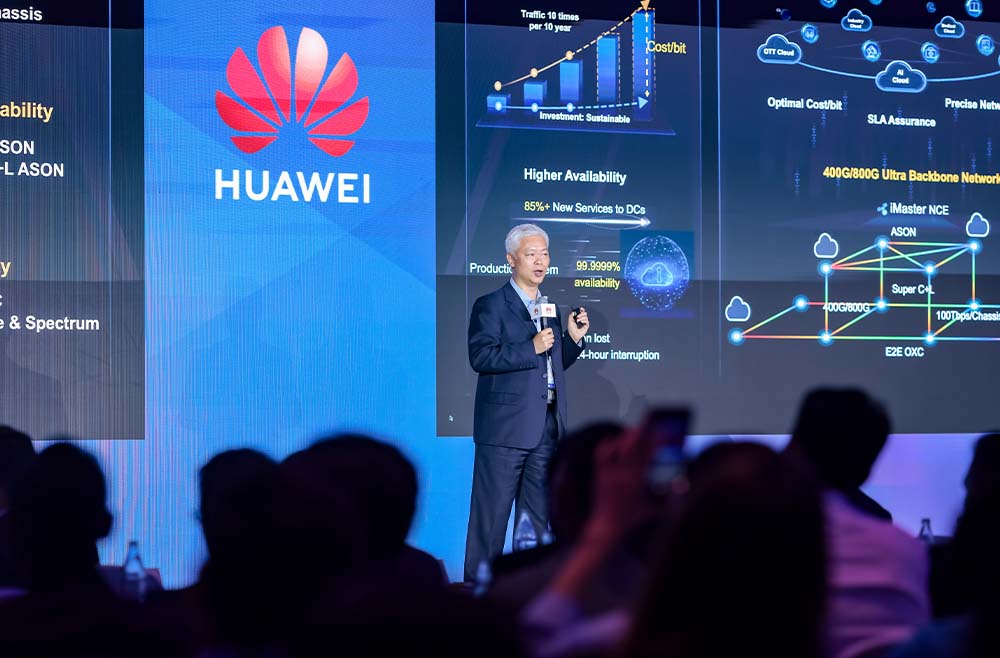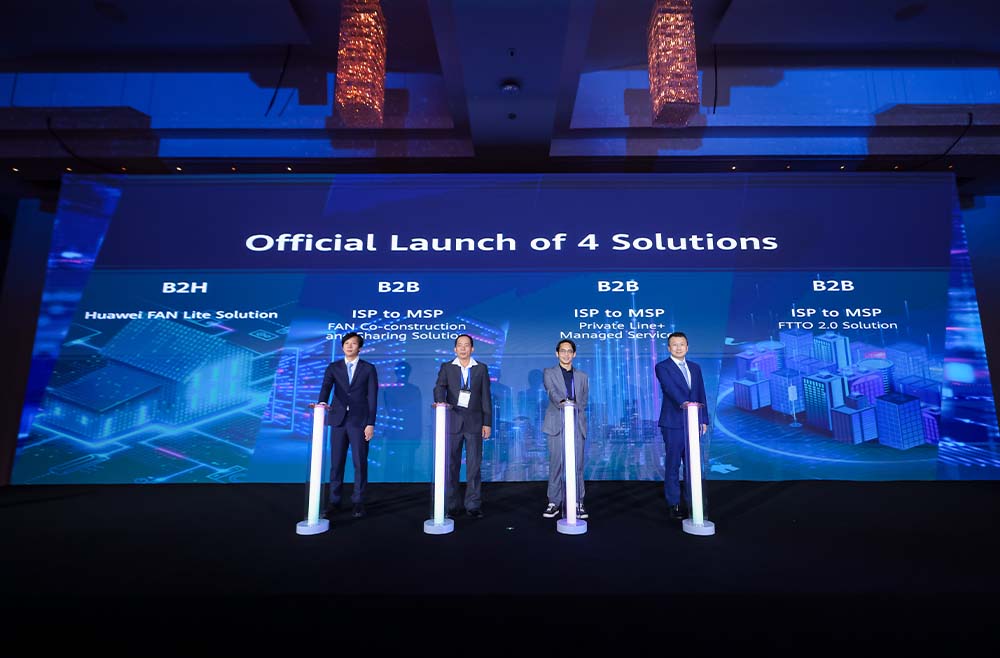This site uses cookies. By continuing to browse the site you are agreeing to our use of cookies. Read our privacy policy>
![]()
This site uses cookies. By continuing to browse the site you are agreeing to our use of cookies. Read our privacy policy>
![]()
Продукты, решения и услуги для предприятий
Смартфоны, ПК и планшеты, носимые устройства и многое другое
[Bangkok, Thailand, April 29, 2024] At the Global ISP Summit - APAC, Huawei unveiled their ISP/MSP products, portfolios, and solutions for the Asia Pacific market. They partnered with government agencies, industry associations, customers, and analysts to explore industrial intelligence in terms of policies, trends, opportunities, network planning, and practices. The goal is to help ISPs transition to MSPs and to drive the growth of the digital economy in the Asia Pacific region.

York Yue, President of Huawei's ISP Business Unit, said that "Asia Pacific is a vibrant hub of global economic activity, and Generation Z will bring endless opportunities and vitality to the market. ISPs should be confident that, with the active participation of young people, the digital intelligence transformation will continue to accelerate. Huawei is committed to promoting sustainable development with innovative technologies, unleashing new growth."
To address the challenges and opportunities of intelligent transformation, Huawei has developed four essential ISP solutions focused on lite home broadband, FAN Sharing networks, FTTO, and premium private lines. The goal is to assist ISPs in transitioning to MSPs.

Huang Dachuan, CTO of Huawei ICT Marketing and Solution Sales Department, shared his insights on ISP service innovation backed by next-generation IP and optical network technology. "Net 5.5G and F5.5G makes transmission more efficient. The 400G/800G All-Optical Ultra Backbone and 800GE Premium Data Network accelerate 10GE optical connections. iMaster digital map, AUTIN, ADO, and NCE-Super/IP/T/FAN help ISPs build up an E2E visualized intelligent O&M system to improve quality and increase revenue." said Huang.
As ISPs promote full-fiber networks and gigabit broadband services, the ability to provide high-speed, low-latency, and consistent Wi-Fi connectivity in every room has become essential to implementing an end-to-end broadband strategy. Moreover, FTTH construction is a complex project that demands novel technologies like Flex-PON+, lite FAN OLTs, and 400G DWDM that are tailored to ISP scenarios. These technologies aim to realize the value of network construction and precise network rollout at a reasonable cost.

Transitioning from ISPs to MSPs is a crucial step for promoting industrial digitalization and intelligence. Frank Lu, Director of the Marketing and Solution Sales Department of Huawei's ISP Business Unit, said, "By introducing comprehensive solutions such as Network as a Service (NaaS), Storage as a Service (STaaS), and Data Center Infrastructure as a Service, we can help MSPs identify target industries and customers to expand their business portfolios. This is how we help partners succeed."
At the roundtable discussion titled "Opportunities and Challenges on ISP to MSP Transformation", Huawei had in-depth discussions with ISP/MSP partners from Nepal, Philippines, and Myanmar. They delved into global trends in shifting to IT hosting services, ISP development practices in the Asia Pacific region, and shared successful transformation cases.
Looking ahead, Huawei will continue to leverage its advantages in ISP solutions and technology and collaborate with partners with an open mind to create all-optical connection networks and promote sustainable development of the Asia-Pacific digital economy.